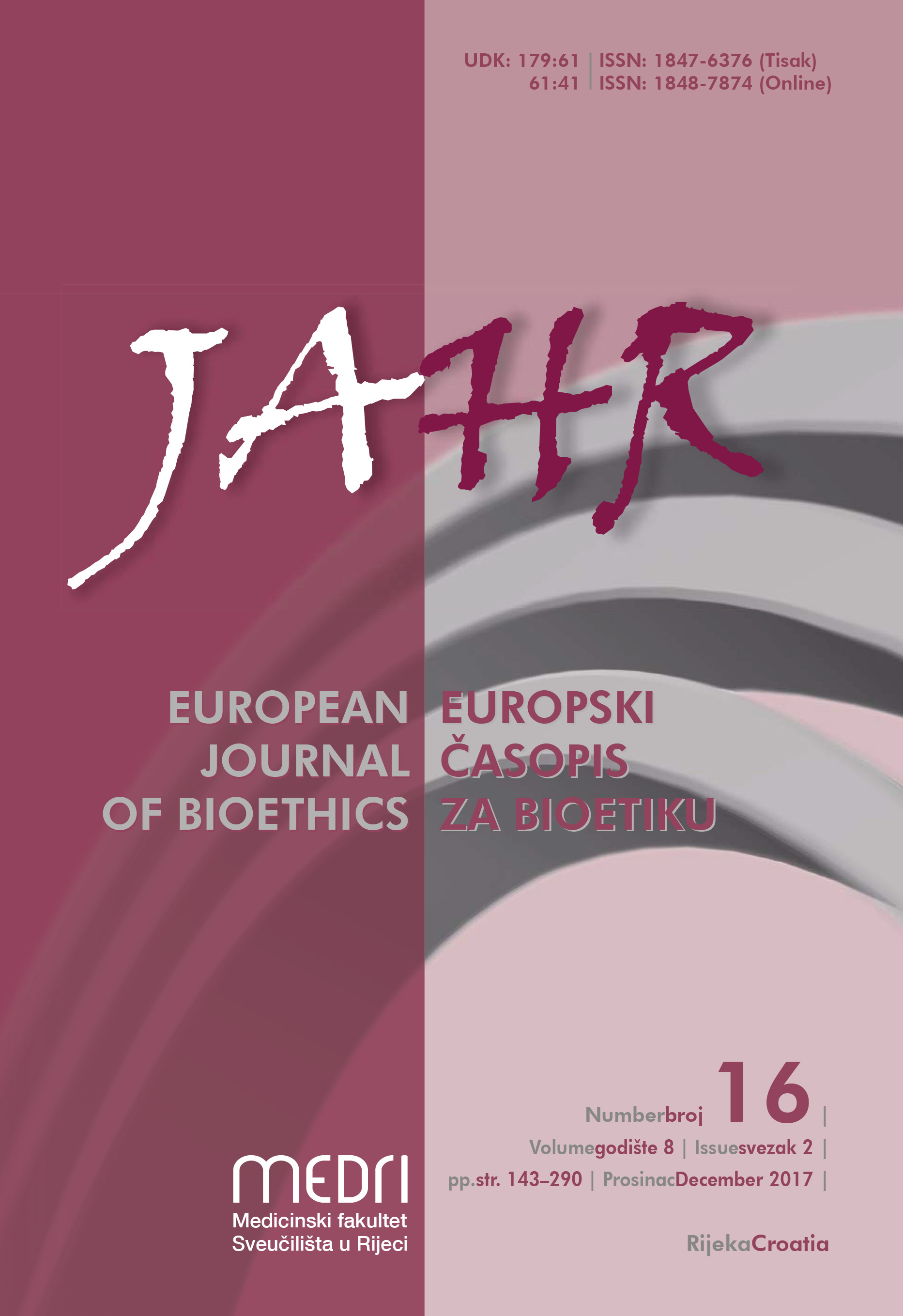Bridging the gap between researchers and patients: The role of the Institutional Review Boards in the informed consent process
Keywords:
Informed consent forms; institutional review boards; objection; approvalAbstract
https://doi.org/10.21860/j.8.2.3
Background: The Institutional-Review-Boards (IRB) frequently give unfavorable opinions to evaluated studies due to deficiencies in informed consent forms (ICFs), which delays the ethical approval of the study and increases waste in research. Objective: To analyze the extent to which IRB in our center gives unfavorable opinions due to documents deficiencies and to evaluate types of objection. Material and methods: Retrospective observational study of decisions during the first review by the IRB in our center (2012-2015). We carried out a systematic review of minutes when decisions on approval of studies are collected. If not approval, we analyzed appealed objections. Results: 1858 clinical studies were evaluated by the IRB. 1558 required informed consent for participating (83.9%, CI95%:82.1-85.5), 987 were not approved during the first review due to deficiencies in ICFs (63.3%, CI95%:60.9-65.7). The main causes of objections for non-approval were unreadability (11.7%, CI95%:10.6-12.9), inadequate information given about access to personal data rights (9.2%, CI95%:8.1-10.2), biological samples management (7.8%, IC95%:6.9-8.8), and expected benefits (7.6%, IC95%:6.7-8.6). Conclusions: Deficiencies in ICFs are an important reason for non-approval of protocols evaluated by an IRB. There are three fundamental weaknesses on which the IRB plays a key role: 1) improving readability; 2) adapting them to regulations concerning data protection and biological materials management; 3) avoiding misleading information towards enrollment.
Downloads
Published
Issue
Section
License
Authors who publish with this journal agree to the following terms:
- Authors retain copyright and grant the journal right of first publication with the work simultaneously licensed under a Creative Commons Attribution License that allows others to share the work with an acknowledgement of the work's authorship and initial publication in this journal.
- Authors are able to enter into separate, additional contractual arrangements for the non-exclusive distribution of the journal's published version of the work (e.g., post it to an institutional repository or publish it in a book), with an acknowledgement of its initial publication in this journal.
- Authors are permitted and encouraged to post their work online (e.g., in institutional repositories or on their website) prior to and during the submission process, as it can lead to productive exchanges, as well as earlier and greater citation of published work (See The Effect of Open Access).



